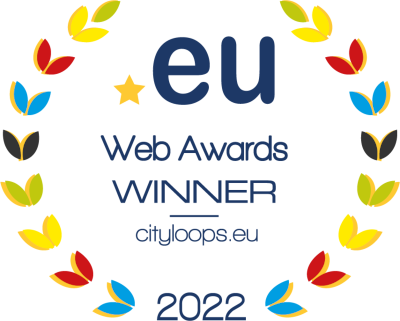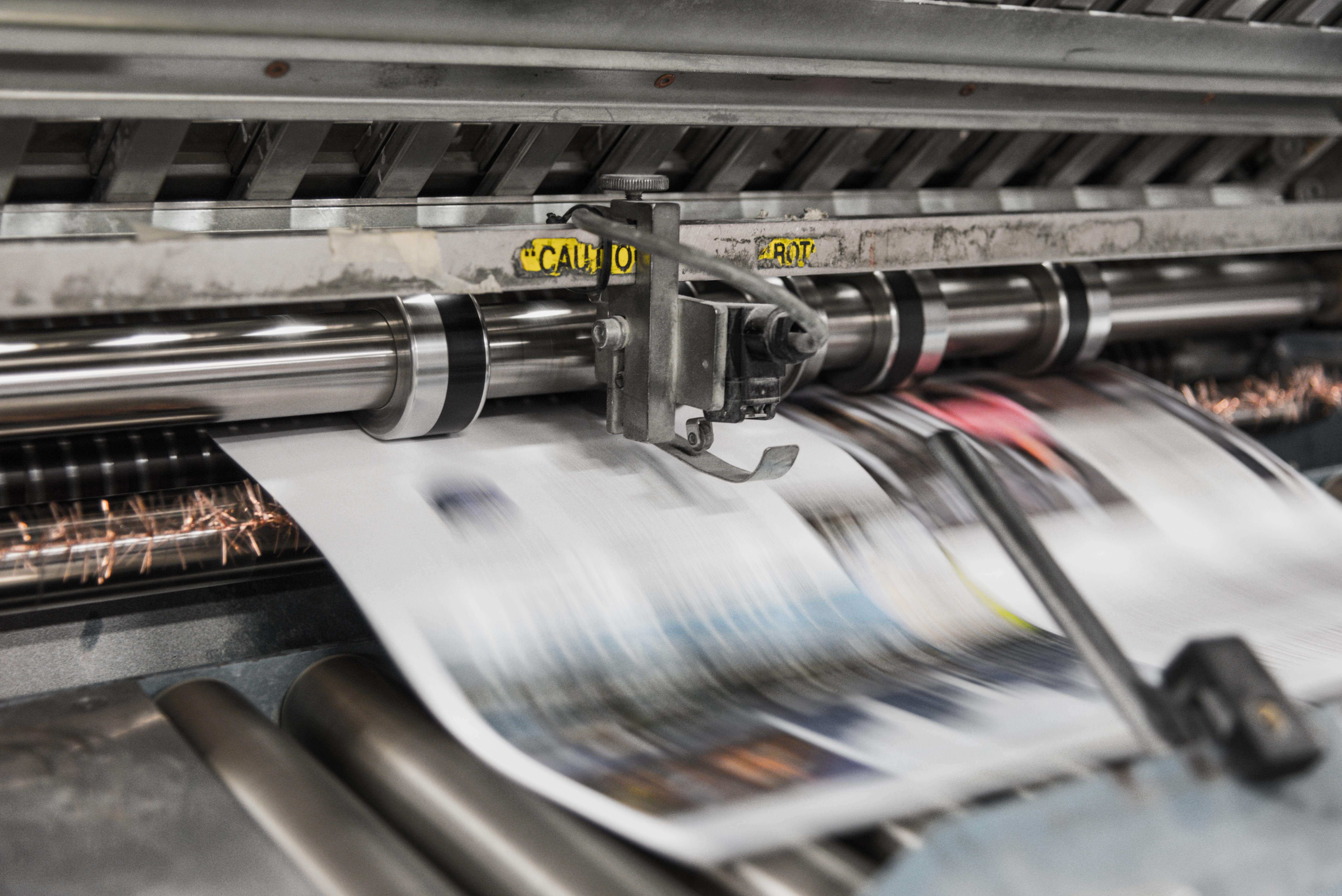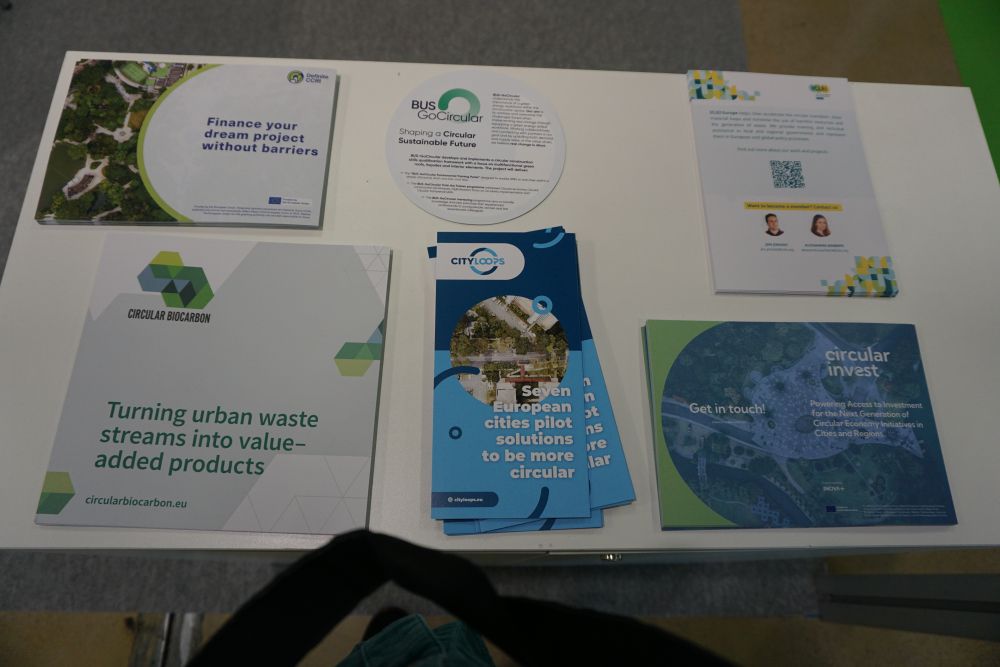News
Public procurement has key role in transition to circular economy
13 Jun 2023
“Turning e-waste into a resource begins with not creating waste. We promote the public procurement of durable and repairable IT and ask local authorities to only procure when there is a real need”, argued Dominique Sandy, Sustainable Procurement Officer at ICLEI, during the Waste Management Europe Conference in Bergamo. As a partner of this conference, ICLEI participated in two panel discussions and had a stand where it presented projects and initiatives such as the Circular Cities Declaration, CityLoops and Big Buyers Working Together, highlighting that public procurement is a key tool to turn waste into value.
These views are well reflected in the newest report of the International Working Group on Ethics in Public Procurement of IT. The report identifies a number of lessons for how public buyers can increase the social responsibility of their IT purchases. In addition to reducing chemicals of concern through more sustainable design and production, these also include respecting international labour laws and regulations considering workers’ rights, and developing certification systems that strike a balance between trustworthiness and ease of certification.
Public Procurement also plays a key role in CityLoops. One of the cities in that project, Apeldoorn (The Netherlands) is taking a circular approach towards renovating a residential street, reusing as many materials and resources as possible. For example, most of the removed clinkers and stones have been re-used in parking spots or crushed and used as foundation under the new pavement. Stones that could not be re-used on the spot, were mostly repurposed in a nearby farm compound or brought to a municipal material depot allowing the city to use them in other construction projects.
A key piece for the project’s success was to keep a close dialogue with the contractor. Firstly, market parties often have more experience with circularity than municipalities, as saving resources and materials comes more naturally to them. Secondly, close cooperation with the market gives municipalities better access to innovative solutions, and helps increase work capacity. At the same time, suppliers get better insights into what their client wants, a bigger stake in the project and more insight into how the financial and environmental impact of their work are intertwined. Just an example: the city of Apeldoorn wanted to minimise unnecessary transport movements and gas use and asked the contractor for weekly reports. That gave the supplier a good overview of the real cost of their work, allowing them to have better insights into how to save more energy and money.
Next to Apeldoorn, the cities involved in CityLoops are Bodø (Norway), Mikkeli (Finland), Porto (Portugal), Seville (Spain) and Høje-Taastrup and Roskilde (Denmark). In this project, the cities are implementing a series of demonstration actions to ‘close the loop’ in two key waste streams in Europe – Construction and Demolition Waste (CDW) and Bio-waste. This work sets them on a path toward becoming truly circular cities in which no resource goes to waste, thereby contributing to the transition towards a circular economy in Europe.
CityLoops understands that working towards the circular economy is not solely the task of city officials and it places a great emphasis on citizen engagement. In Seville for example, the municipal cleaning company LIPASAM has launched a waste collection awareness raising campaign at schools. The schoolchildren receive a waste bin, as well as garbage bags in three different colors for three different types of waste, together with a leaflet providing information about waste recycling. Additionally, they learn to cook minimising waste as much as possible. LIPASAM believes that these campaigns focused on schoolchildren will have a spillover effect, as they will be enthusiastically telling their parents what they’ve learned.
All news


